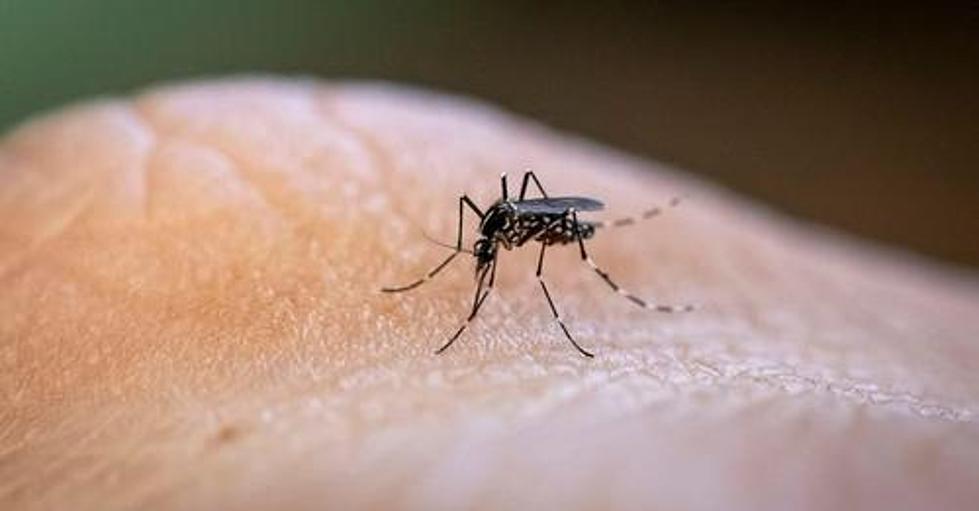
West Nile Alert: Benton County Sees Spike in Cases
Benton County Mosquito Control is getting word out that West Nile virus cases in 2023 have already surpassed last year's totals.
So far, 36 cases have been reported, the most detected in the region since 2009.
"We have about 80 locations that we are trapping on a regular basis weekly, or every other week. We call those recurring trap locations," Assistant Manager Kevin Shoemaker of Benton County Mosquito Control said. "We also do what's called spot traps. That's where residents call up and say, hey, I'm noticing a lot of mosquitoes. And so, we'll go out there, we'll set a trap."
The purpose of the traps is to attract and capture adult flying mosquitoes. Only female mosquitos draw blood and can potentially transmit the West Nile Virus.
"We collect those traps. We bring them back to our headquarters. We are identifying those mosquitos by species. We have about 14 different species in the district, two of those species are capable of transmitting West Nile virus." Shoemaker said.
During the testing process, the trapped mosquitos are put into a vial and mashed up before solution is added and extracted. A high accuracy PCR machine looks for the presence of West Nile virus, St. Louis encephalitis, and Western equine encephalitis. West Nile is the one Mosquito Control expects to see more.
So why are more samples coming up positive this year? Shoemaker says he tends to see increases when conditions are abnormally dry.
"The working theory behind that is, if you have less bodies of water, then you're going to have more commingling of mosquitoes and birds. And West Nile virus is primarily a bird and mosquito disease. And that's how it cycles back and forth," Shoemaker said. "If they've already fed upon an infected bird, the virus is spread through their body. And then they come and bite me, that's how I can become infected, I'm a dead-end host."
At least one of the species would rather feed on birds than humans and that's how the virus survives in regions such as the Tri-Cities. The birds fly south, taking the virus with them. It gets circulated between mosquito populations in warmer climates before the birds migrate north, reintroducing the virus to mosquitos locally.
"So, we are fortunate in the sense that we get a reset every year. But there's really no way to avoid the introduction of that disease. That's probably the biggest factor at play. When birds and mosquitoes are having more interaction, more exposure, and less watering sites, less watering holes, that means they're all going to congregate more around the same spots." Shoemaker said.
The Benton County Mosquito District will continue to try to control the mosquito population while the insects are in the larvae stages of development. The larviciding program applies chemical or microbial insecticides to bodies of water to kill the immature forms of the mosquito.
"But we don't know where 100% of the sites are. We don't get to 100% of the sites and even if we could, the products don't always control 100% of the mosquitoes. So, we're always going to have adult mosquitoes present and that's where adult fogging comes in to play and that's where we are spraying for the adult mature flying mosquito." Shoemaker said.
If you happen to get bit by an infected mosquito, statistical data shows 80% of infections result in no symptoms. One in five people will feel what's known as West Nile Fever, flu-like symptoms that range from mild to moderate. One in 150 infections will lead to something more serious called West Nile virus neuroinvasive disease which typically manifests as meningitis, encephalitis, or acute flaccid paralysis. In rare cases, it's fatal.
If visiting areas where mosquitos frequent, you're urged to apply some repellent for protection. But with the spike in cases, the Benton County Mosquito Control District advises that you avoid mosquitos all together.
"We certainly don't want to have anybody come down with neuroinvasive disease because it is a nasty, terrible situation." Shoemaker added.

9 Plants That Naturally Repel Mosquitos
Gallery Credit: Will Phillips
